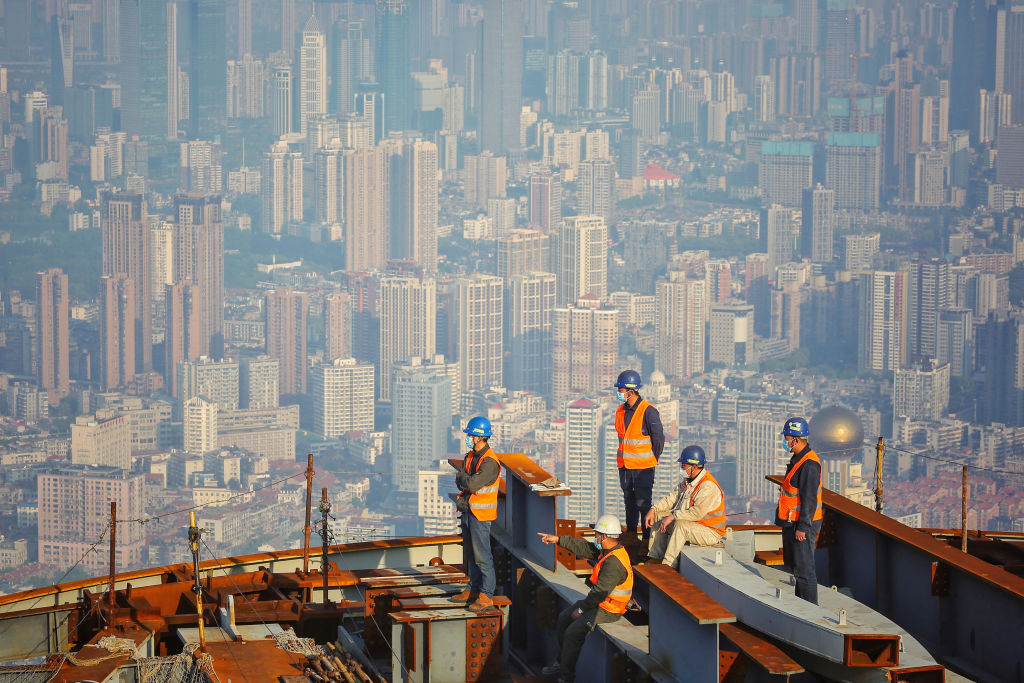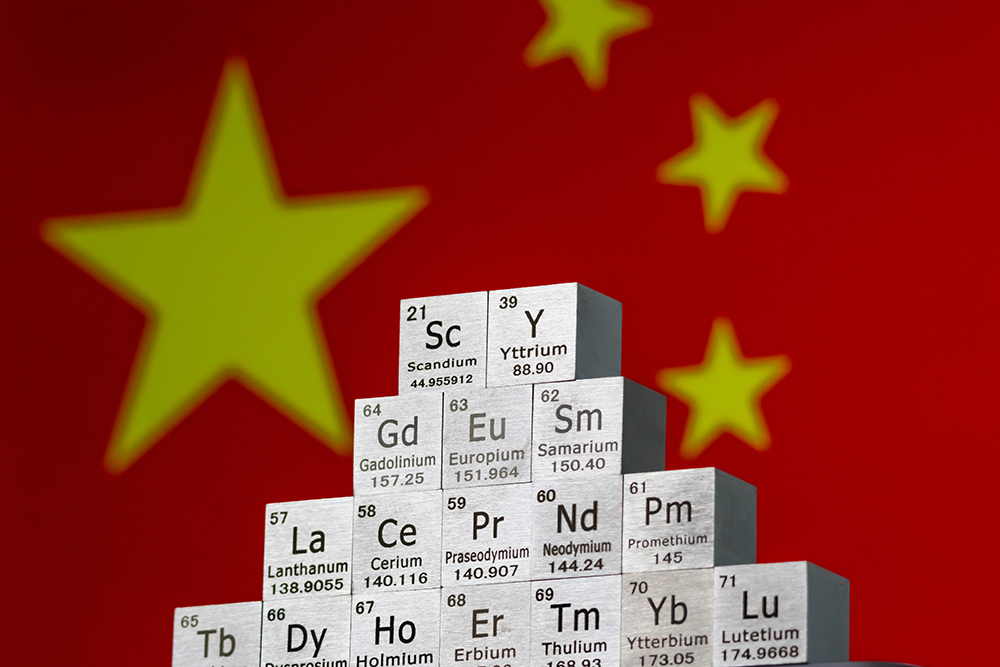Going by the number of state and Communist Party plans to “boost consumption” over the summer, it appears that Beijing is rattled about the Chinese economy.
It is right to be worried. Deep-seated and systemic issues that predate Covid are tearing away at China’s fabled dynamism. These include excessive debt, low productivity, a flawed real estate market, weak income and consumption, poor demographics, a highly regressive tax structure, and a political governance structure that is controlling and generally hostile to entrepreneurship.
Deep-seated and systemic issues that predate Covid are tearing away at China’s fabled dynamism
The sudden abandonment of zero Covid late last year was supposed to lead to a feisty economic bounce back and to “revenge consumption.” In the event, even though there was a brief rebound in some retail spending early in the year, there’s been no significant bounce.
Private investment, long seen as the mainstay of China’s economic ascent, is in the doldrums. In the first half of 2023, it fell slightly for the first time since 2005, when this data was first recorded. Confidence among private firms and entrepreneurs is low, demand in the economy is not firing, and the governance and policy environment is poor. Private firms, which now account for less than 40 percent of the value of China’s largest 100 firms (compared to over 55 percent in 2021) continue to face a tough regulatory and political environment in which they can make money provided they also align closely with the party’s social and political goals and laws.
Although the government has softened its rhetoric and treatment of private firms and entrepreneurs in an attempt to induce stronger hiring and investment, this will not improve governance or strengthen demand.
For the latter to happen, China has to boost its household consumption as a share of GDP — which would be a sign of a more balanced and sustainable economy. At 38 percent, it is currently no higher than it was in 2000, and considerably lower than in, say, Mexico and Turkey, let alone richer nations like the US (at 67 percent) and UK (61 per cent). China’s low share of household consumption is down to sluggish growth in personal income, a weak social safety net, high inequality, and a ubiquitous shift in the structure of work toward low pay and low skill occupations instead of higher paid, skilled work in manufacturing and construction.
Chinese consumers have in the past spent a lot on cars and homes. Yet, while sales of electric vehicles are still rising, total passenger car sales in the first half of the year were barely higher than a year ago, and lower than in 2021 and 2022 during Covid.
China’s major problem though is its beleaguered real estate market — accounting for about a quarter of GDP — which is facing years of correction and shrinkage. Over-building, over-supply, over-indebtedness, poor demographics for household formation, and slower rural-urban migration are just some of the reasons why this sector is struggling. Sales and construction have been about 40 and 60 percent lower, respectively, than in 2021. Many Chinese households, who use the property market as a form of savings, have been choosing to repay their mortgages early, a sign that they are disillusioned about house prices.
China’s long-term sustainable growth is now about 2 to 3 percent, or half of what it was a few years ago. The government can now decide whether to pursue political and institutional reforms to “energize” growth. Or it can continue down the same path and try to limit financial, and possibly social, instability.
For now though, there is, as the Chinese idiom goes, loud thunder but little rain. At the National People’s Congress in March this year there were strong pushes for China to bolster consumption and the private sector. Similar exhortations were also made by the Politburo, and the Communist Party’s Central Committee and State Council. So far the Communist Party has committed to a number of consumption support measures designed to alter spending patterns and improve the supply of goods and services. For example, it has eased restrictions on mortgages, loans, and car ownership. The government has also offered increased assistance for home insulation and renovation, and introduced measures to spur tourism, electric vehicles and smart appliances.
Yet nothing has been done to boost household income, nor support consumption spending, for example via fiscal transfers or tax cuts. And there have been no redistributive measures to transfer money from better off people who save more to ordinary people who save little.
While a number of Chinese economists have gone on the record to advocate for more substantive measures to boost household consumption, the authorities seem clueless about what to do. Perhaps no one wants to tell Xi Jinping that only economic and institutional reforms — which are anathema to the party — can improve China’s outlook.
Instead, the government has recently stopped publishing a consumer confidence index because it isn’t conveying the “right” information. The Communist Party should keep in mind though that just because bad news can be censored, doesn’t mean it will go away.
This article was originally published on The Spectator’s UK website.

























